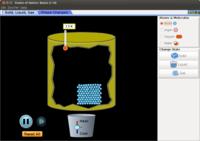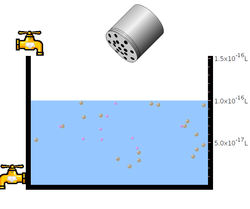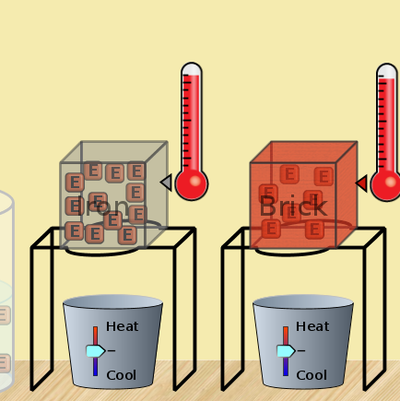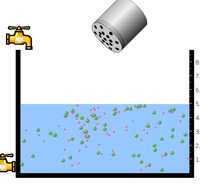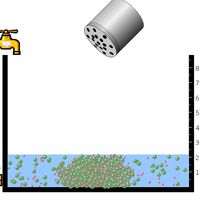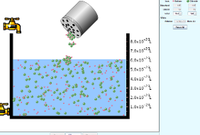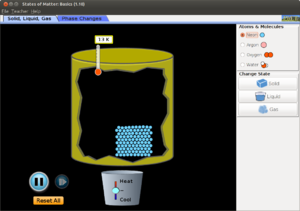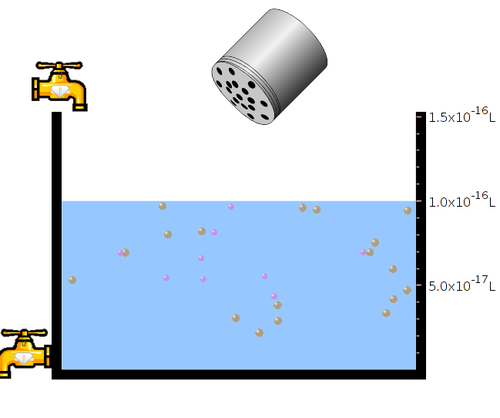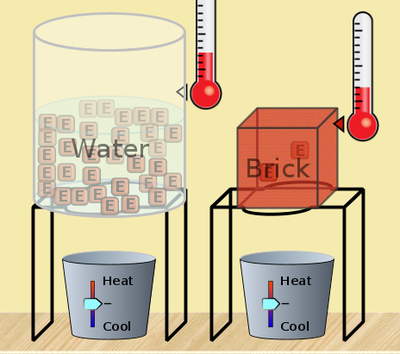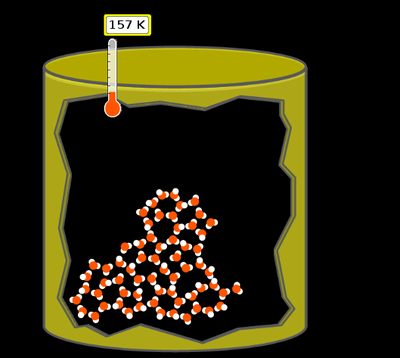Difference between revisions of "Turtle art lesson 3"
| Line 25: | Line 25: | ||
| | | | ||
|Activity #1 (Part B) | |Activity #1 (Part B) | ||
| − | 1.What was the answer to the previous question? | + | 1.What was the answer to the previous question?<br> |
| − | The answer is given below. | + | The answer is given below.<br> |
| − | 2.The answer can be found her | + | 2.The answer can be found her<br> |
https://wiki.sugarlabs.org/go/File:TurtleCard-2.png<br> | https://wiki.sugarlabs.org/go/File:TurtleCard-2.png<br> | ||
[[File:4.png|200px]]<br> | [[File:4.png|200px]]<br> | ||
| Line 41: | Line 41: | ||
|Hands-on Activity | |Hands-on Activity | ||
|Activity #2 | |Activity #2 | ||
| − | 1.Using the repeat command after taking inputs (defining variables) | + | 1.Using the repeat command after taking inputs (defining variables)<br> |
| − | 2.A programme can take inputs; store value for a given parameter during executing a programme. This is called a variable and can be defined from the palette of variable blocks | + | 2.A programme can take inputs; store value for a given parameter during executing a programme. This is called a variable and can be defined from the palette of variable blocks<br> |
3.A series of steps can also be defined as an action from this block<br> | 3.A series of steps can also be defined as an action from this block<br> | ||
[[File:3.png|400px]]<br> | [[File:3.png|400px]]<br> | ||
| − | 4.Let us construct a polygon of 8 sides and fill it with colour. | + | 4.Let us construct a polygon of 8 sides and fill it with colour.<br> |
| − | 5.The first step is to define variable: | + | 5.The first step is to define variable:<br> |
6.The next step is to repeat instructions to complete the shape <br> | 6.The next step is to repeat instructions to complete the shape <br> | ||
[[File:4..png|400px]]<br> | [[File:4..png|400px]]<br> | ||
Revision as of 09:56, 22 April 2015
| Week 3 | Simplifying programming – repeating instructions and blocks |
| Objectives |
|
| Hands-on Activity | Activity #1 (Part A)
1.What was the answer to the previous question? |
| Activity #1 (Part B)
1.What was the answer to the previous question? | |
| Hands-on Activity | Activity #1
|
| Hands-on Activity | Activity #2
1.Using the repeat command after taking inputs (defining variables) |
